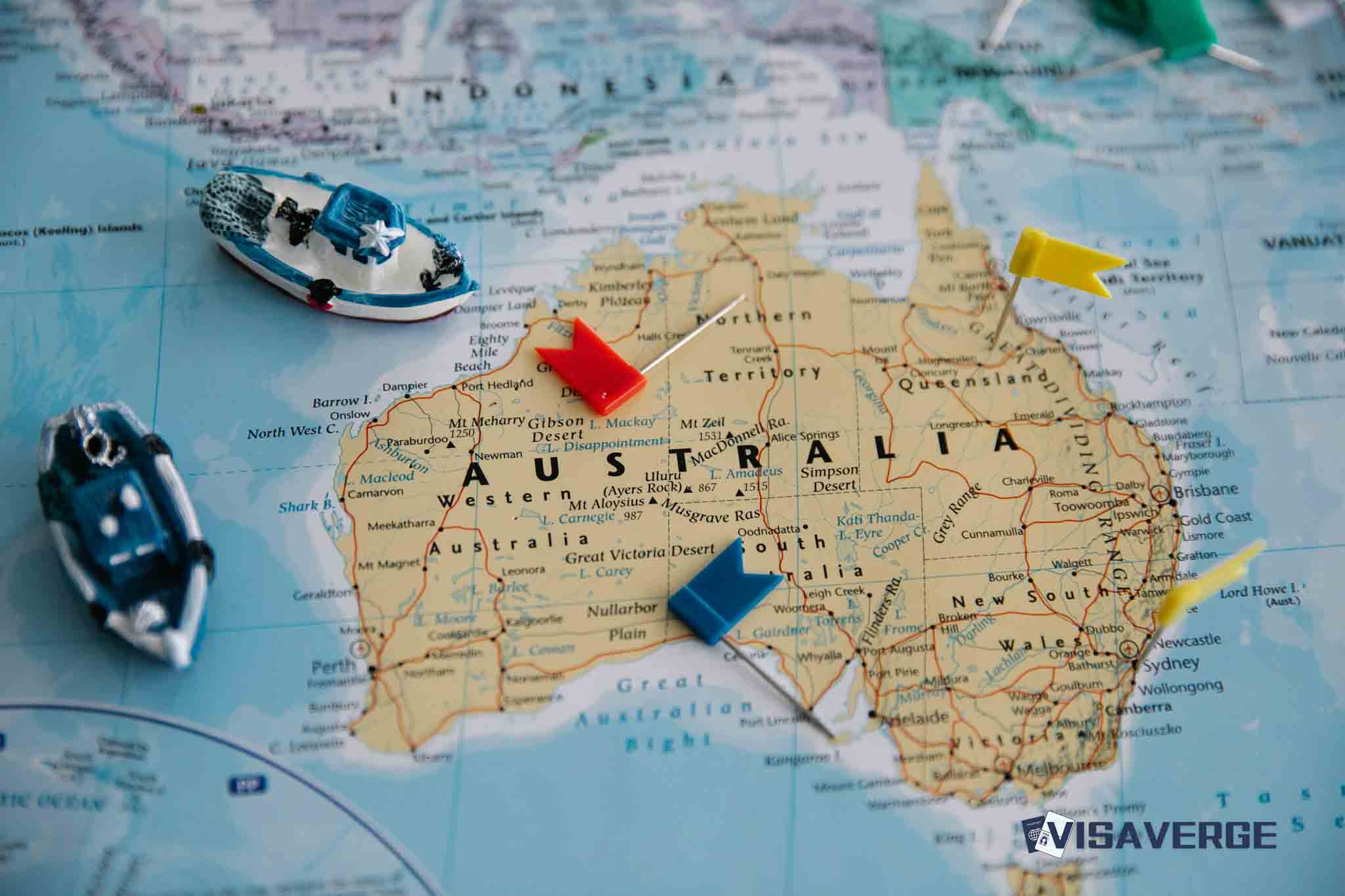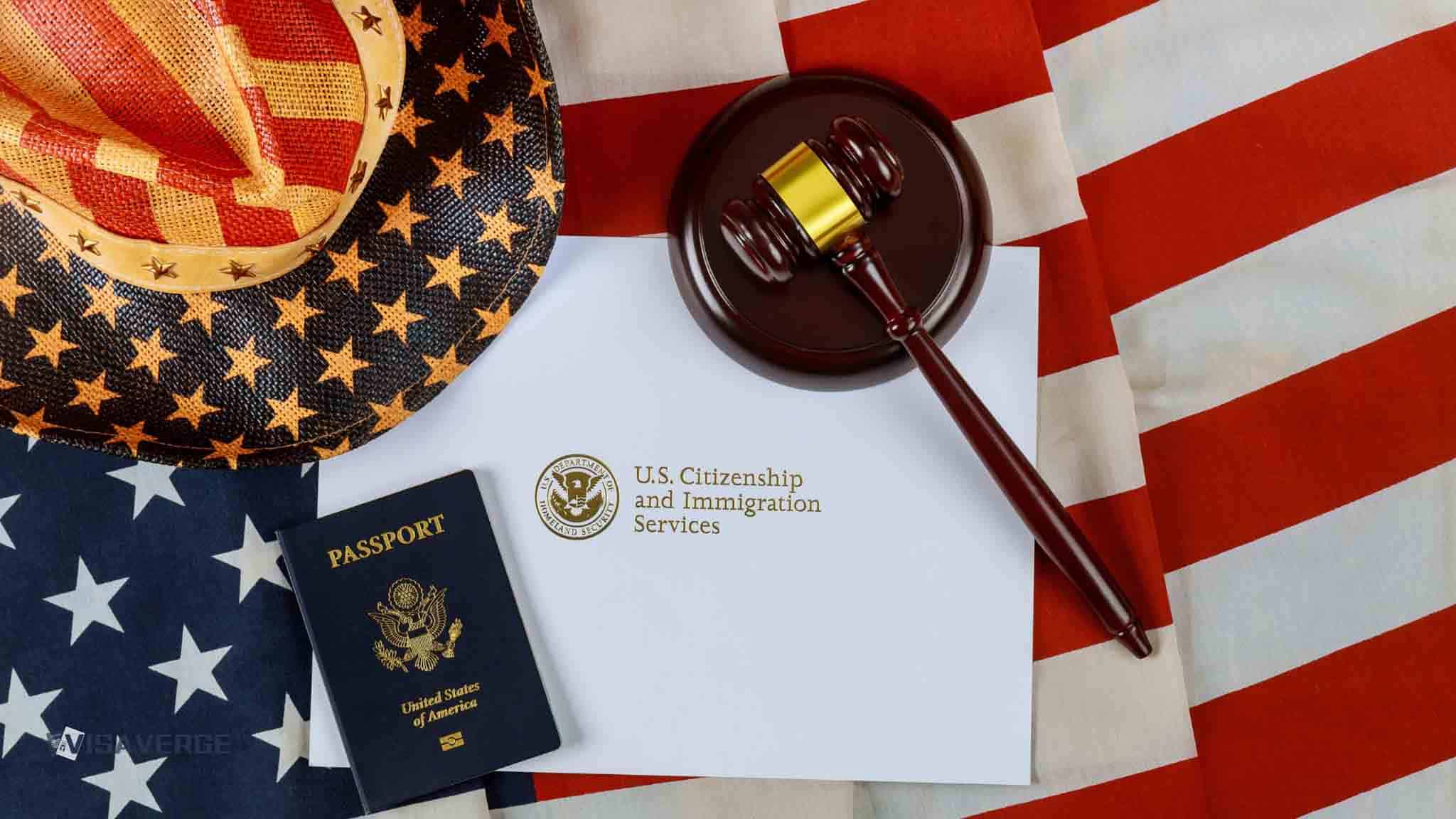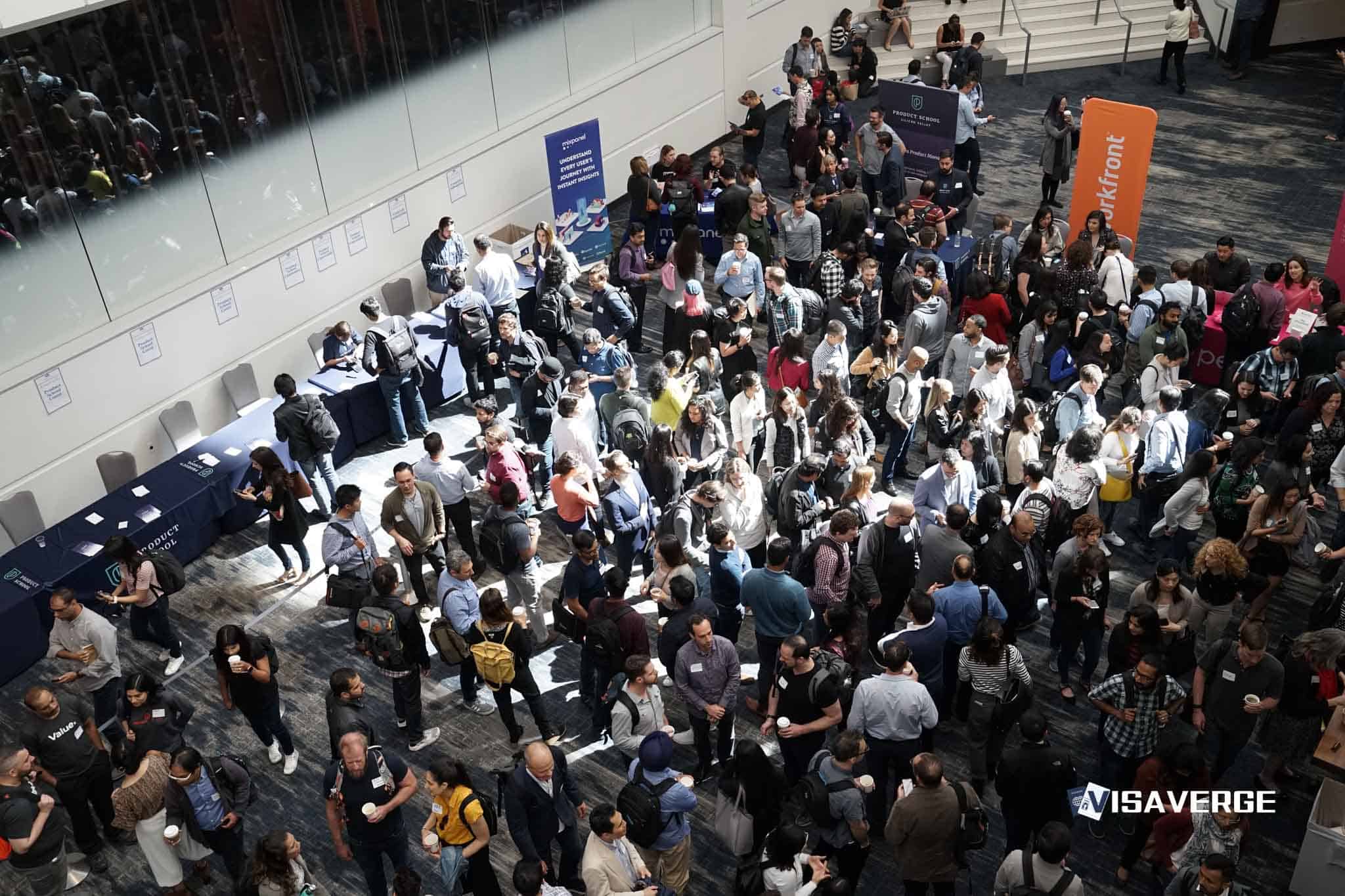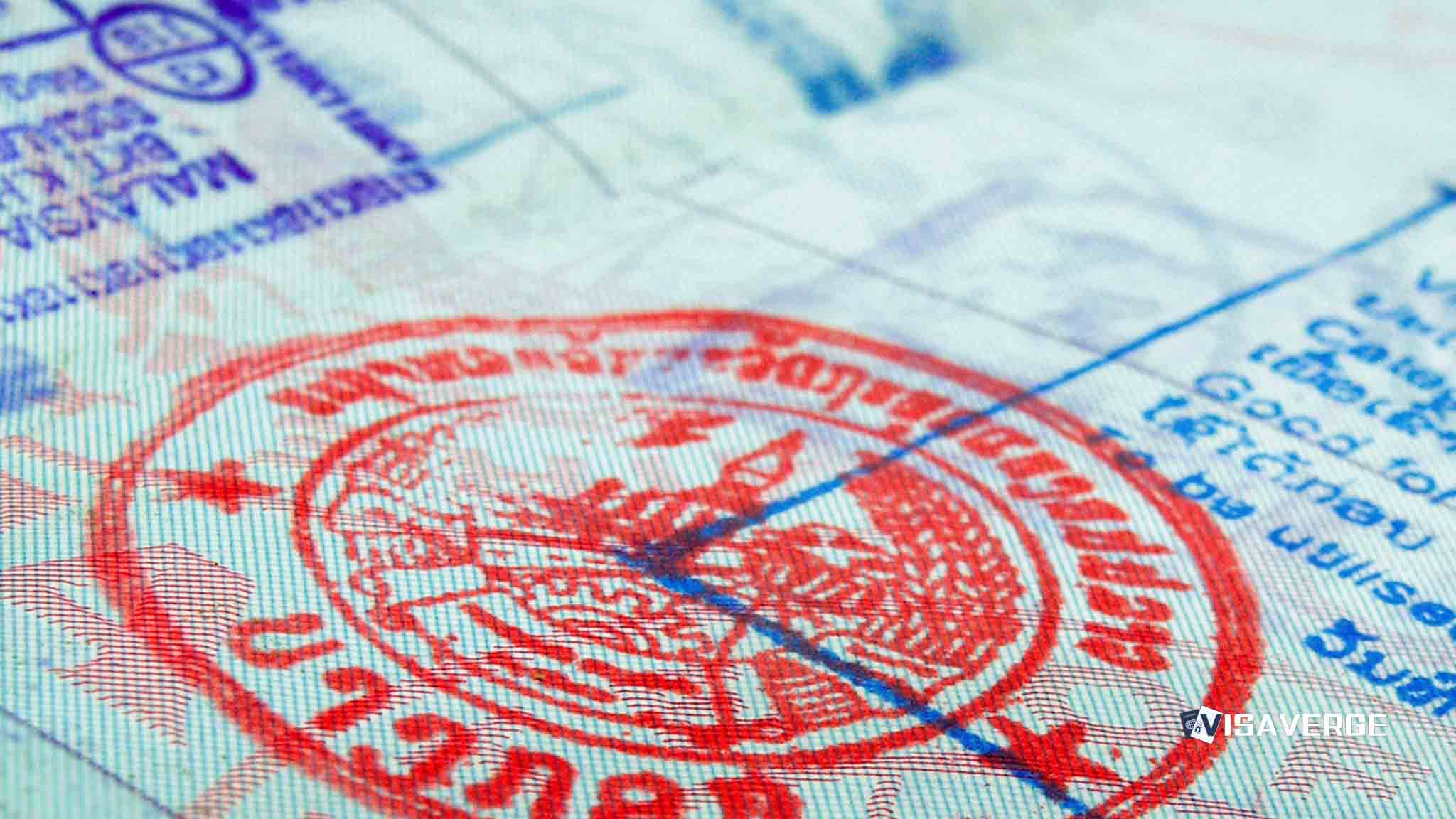Bringing Your Elderly Parents to Live with You in Australia
Many people living in Australia face the situation where they wish for their elderly parents to join them from overseas. This common and understandable desire raises the question: Can I bring my elderly parents to live with me in Australia? The answer is yes, and the Australian government provides specific pathways through which you can reunite with your family.
Understanding the Family Visa for Parents in Australia
The Australian immigration system offers several types of visas that allow for parents to live in Australia permanently or on a long-term basis. These visas are designed to help families come together and ensure that those with close ties to the country can have their loved ones close by.
Exploring the Parent Visa Options
There are a few options when it comes to applying for family visas for parents in Australia. These include:
- Parent Visa (subclass 103): This allows parents to migrate to Australia permanently if they have a child in Australia who is an Australian citizen, permanent resident, or eligible New Zealand citizen.
- Contributory Parent Visa: This is available as a temporary or permanent visa and involves a higher visa application charge in return for a significantly faster processing time.
- Sponsored Parent (Temporary) Visa (subclass 870): This visa lets parents stay temporarily in Australia for up to 3 or 5 years at a time, for a total stay of up to 10 years.
Each of these visas has specific criteria, and the right one for you will depend on your circumstances, including your parents’ health, your financial situation, and the length of stay desired by your parents.
Eligibility Criteria for Elderly Parents Australia Visas
To be eligible for a parent visa, your parent must meet certain requirements. These include health checks, character assessments, and in some cases, they must pass the balance-of-family test. This test requires that at least half of their children are lawfully and permanently residing in Australia, or that they have more children living lawfully and permanently in Australia than any other country.
Application Process and Considerations
The process for bringing parents to live in Australia is thorough and requires careful preparation. Here’s what to consider:
- Gathering Necessary Documentation: Collect all the required documents including proofs of relationship, health insurance, and financial ability to support your parents.
- Visa Application Fees: Be prepared for the visa application fees, which can be substantial, especially for the Contributory Parent Visa.
-
Wait Times: Understand that the processing times can be long, sometimes taking several years.
-
Seek Professional Help: Consider getting assistance from a registered migration agent to navigate the complex application process.
Conclusion
Reuniting with your elderly parents and bringing them to live in Australia is certainly possible under the right visa category. Each family’s situation is unique, so it’s crucial to carefully assess which option aligns with your circumstances.
For detailed information and the latest updates on immigration policies, it’s always advisable to refer to the official website of the Department of Home Affairs in Australia. By following the correct procedures and meeting all requirements, you can work towards having your elderly parents close by, enjoying their company in the beautiful surroundings of Australia.
Expert Insights
Did You Know?
- Australia has one of the largest immigration programs in the world. As of 2021, over 7 million people living in Australia were born overseas, making up nearly 30% of the population.
- The Migration Program in Australia is designed to prioritize family reunification. In addition to the family visas for parents mentioned in the content, there are also visa options for partners, children, and other family members, showcasing Australia’s commitment to maintaining strong family ties.
-
Australia has a unique visa option called the “Aged Parent Visa” (subclass 804), which allows elderly parents to migrate permanently to Australia without needing a sponsoring child living in the country. This visa is specifically designed for parents who are reliant on their Australian citizen, permanent resident, or eligible New Zealand citizen child for financial support.
-
The “Contributory Parent Visa” mentioned in the content is one of the most expensive visas in Australia’s immigration system. As of 2021, the visa application charge for this visa is AUD $47,755 per applicant, making it a significant financial commitment for families wishing to bring their parents to live with them in Australia.
-
Australia has a unique “Assurance of Support” requirement for certain family visas. This means that the sponsoring child or relative must demonstrate their ability to provide financial assistance to the migrating parent(s) for a specified period. It serves as a safety net to ensure that elderly parents have adequate support upon arrival in Australia.
-
The Australian government provides financial and healthcare assistance to eligible permanent residents and citizens through various programs, including the Age Pension and Medicare. These services can benefit elderly parents who are granted permanent residency under the family visa category.
-
Australia’s multicultural society is reflected in its diverse immigrant population. The top five countries of birth for overseas-born residents in Australia are England, China, India, New Zealand, and the Philippines. This diversity contributes to a rich tapestry of cultures, traditions, and languages across the country.
-
The visa application process for family visas in Australia can be complex and lengthy. It’s important to note that the processing times can vary significantly depending on the type of visa and individual circumstances. It’s advisable to consult with a registered migration agent to ensure a smooth and efficient application process.
By exploring these lesser-known facts about immigration in Australia, we gain a deeper understanding of the country’s commitment to family reunification, the financial considerations involved, and the multicultural fabric that makes Australia such a vibrant and diverse nation.
Learn today
Glossary
1. Family Visa: A type of visa provided by the Australian immigration system that allows for the reunion of families by allowing certain family members, such as parents, to live in Australia permanently or on a long-term basis.
2. Parent Visa (subclass 103): A type of family visa that allows parents to migrate to Australia permanently if they have a child in Australia who is an Australian citizen, permanent resident, or eligible New Zealand citizen.
3. Contributory Parent Visa: A type of family visa that requires a higher visa application charge in return for a significantly faster processing time. It can be issued as a temporary or permanent visa.
4. Sponsored Parent (Temporary) Visa (subclass 870): A temporary visa that allows parents to stay in Australia for up to 3 or 5 years at a time, with a total stay of up to 10 years.
5. Health Checks: Medical examinations that must be completed by visa applicants in order to assess their health condition and ensure they do not pose a risk to Australia’s public health.
6. Character Assessments: Evaluations conducted to determine whether the applicant has a criminal record or poses a threat to the Australian community.
7. Balance-of-Family Test: A requirement that at least half of the parent’s children must be lawfully and permanently residing in Australia, or that they have more children living lawfully and permanently in Australia than in any other country.
8. Registered Migration Agent: A professional who is registered with the Office of the Migration Agents Registration Authority (MARA) and provides assistance and advice on visa applications and immigration matters.
9. Visa Application Fees: The fees imposed by the Australian government for processing visa applications. These fees can vary depending on the type of visa being applied for and can be substantial for certain visa categories, such as the Contributory Parent Visa.
10. Processing Times: The time it takes for the Department of Home Affairs to process a visa application, which can vary depending on factors such as the type of visa and the number of applications being processed.
11. Department of Home Affairs: The Australian government department responsible for immigration and border control, which administers the immigration system and sets policies related to migration and visas.
Please note that the definitions provided above may vary depending on specific immigration regulations and policies and are based on the information provided in the context of this content. It is advisable to refer to the official website of the Department of Home Affairs or consult a registered migration agent for the most up-to-date and accurate information.
So, there you have it! Bringing your elderly parents to live with you in Australia is possible, thanks to the various family visa options available. Just remember to gather the necessary documents, be prepared for visa fees, and seek professional assistance if needed. For more information and updates, visit visaverge.com. So go ahead, explore your options and make those family reunions Down Under a reality!
FAQ’s to know:
FAQ 1: Can I bring my elderly parents to live with me in Australia?
Yes, you can bring your elderly parents to live with you in Australia. The Australian government provides specific pathways through various family visa options designed to help families reunite and live together.
FAQ 2: What are the different parent visa options available in Australia?
There are several parent visa options available in Australia:
- Parent Visa (subclass 103): This allows parents to migrate to Australia permanently if they have a child in Australia who is an Australian citizen, permanent resident, or eligible New Zealand citizen.
- Contributory Parent Visa: This is available as a temporary or permanent visa and involves a higher visa application charge in return for a significantly faster processing time.
-
Sponsored Parent (Temporary) Visa (subclass 870): This visa allows parents to stay temporarily in Australia for up to 3 or 5 years at a time, for a total stay of up to 10 years.
FAQ 3: What are the eligibility criteria for parent visas in Australia?
To be eligible for a parent visa in Australia, your parents must meet certain requirements. These include undergoing health checks, character assessments, and passing the balance-of-family test. The balance-of-family test requires that at least half of their children are lawfully and permanently residing in Australia, or that they have more children living lawfully and permanently in Australia than any other country.
Remember, it’s important to assess your specific circumstances and consult the official website of the Department of Home Affairs in Australia for the latest information and updates on immigration policies.
What did you learn? Answer below to know:
- True or False: The Parent Visa (subclass 103) allows parents to migrate to Australia permanently if they have a child living in Australia who is an Australian citizen, permanent resident, or eligible New Zealand citizen.
- What is the purpose of the Contributory Parent Visa in Australia?
a) To allow parents to migrate to Australia permanently.
b) To provide a temporary visa for parents to stay in Australia.
c) To offer a faster processing time for parent visa applications.
d) To offer financial support to parents living in Australia. - What is the balance-of-family test for parent visas in Australia?
a) A health check requirement for elderly parents.
b) A character assessment for parents wishing to migrate.
c) A financial assessment to determine the parents’ ability to support themselves.
d) A requirement that at least half of the parents’ children are lawfully and permanently residing in Australia, or that they have more children living in Australia than any other country.














